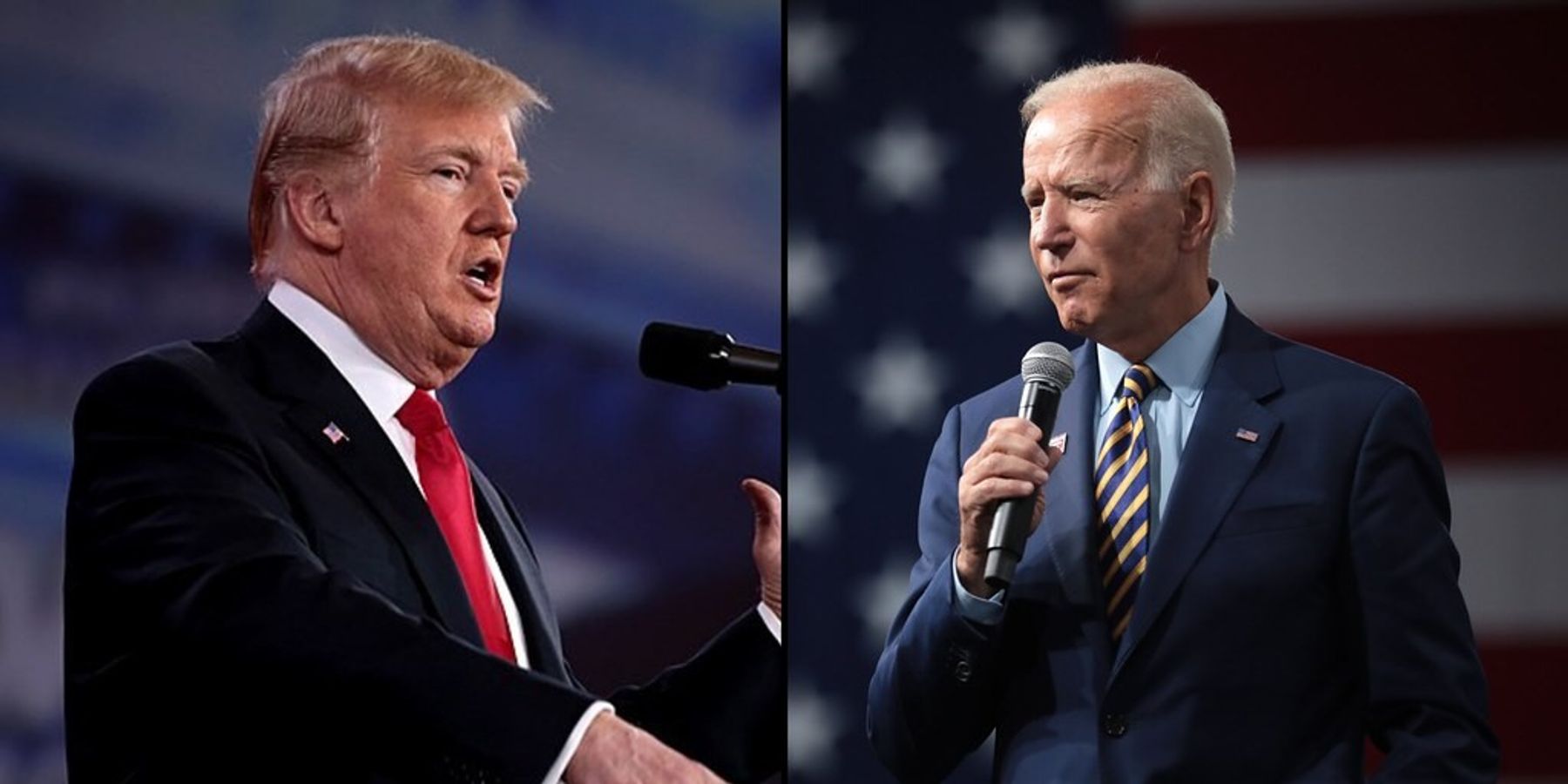There is plenty of chatter right now about prospective foreign policy advisors in a future Trump administration, if indeed, that is the way the election goes in November.
Essentially they fall into two categories: internationalists or America firsters.
Republican Internationalists are hawks who say they want to go back to Ronald Reagan’s “peace through strength” opposition to Russia, China, and Iran, while maintaining U.S. alliances in Europe and Asia. Former Trump national security adviser Robert O’Brien and former Secretary of State Mike Pompeo are cited as being proponents of this aggressive internationalism.
One might also add former national security adviser John Bolton to the list, but he has had a falling out with Trump that is probably irreparable. The internationalist moniker could also apply to the Biden administration’s foreign policy.
America First nationalists normally want to intervene unilaterally without being encumbered by traditional U.S. alliances and care little for active global promotion of values and democracy, or policing other countries and their conflicts. Russ Vought, Trump’s former budget director, and Richard Grenell, his former acting national intelligence director and ambassador to Germany, sometimes appear hostile to traditional U.S. allies and the European Union while favoring conservative nationalists like Victor Orban of Hungary.
In his term as president, Trump had both types in his camp. He claimed to be against unneeded wars but failed to withdraw U.S. forces from Afghanistan (mostly because was too weak to stop the U.S. military from slow-walking the deal he made with the Taliban to leave). And he showed flashes of aggression in using force against foreign countries that didn’t have his favor — assassinating the second most powerful leader in Iran, and threatening to use nuclear weapons against North Korea before the “love letters” began to flow.
In his current presidential campaign, Trump has taken on a more America First hue, calling for an end to the Ukraine War and criticizing NATO members for not pulling their weight, but also proposing to send assassination teams into Mexico to whack drug lords without Mexico’s approval.
Although the Republican internationalist camp — think Nikki Haley, Lindsey Graham, Mitch McConnell — would shudder at the comparison, their view seems similar to that of the Biden administration. Although Biden had the courage, which escaped George W. Bush, Barack Obama, and Trump, to withdraw U.S. forces from the disastrous quagmire in Afghanistan, Biden has been an enthusiastically blind booster of U.S. Cold War-era alliances and has exhibited continuing interventionist rhetoric and actions toward the Russian war in Ukraine (instead of pressuring U.S. allies to take over the lead in supporting Ukraine).
Also, he has gone beyond the traditional American policy of ambiguity about whether to come to Taiwan’s defense in the event of a Chinese attack and made a blunt and repeated verbal promise that the United States would do so.
Finally, Biden has gone out of his way to make some conflicts a matter of “democracies versus autocracies” like in Russia, when it serves, while courting dictatorships, like that of Saudi Arabia.
There has to be a better alternative to hawkish internationalism of Biden and Trump’s equally aggressive Jacksonian nationalism.
A newfound modesty and restraint in U.S. foreign policy might be just the ticket. The ideal form of this could be a move to a realist minimalist strategy based on dealing peacefully with countries and leaders as they are rather than the way the United States arrogantly would like them to be.
The world has been economically multipolar for decades and is now becoming multipolar in military and political power. With more than $30 trillion in national debt, the United States can no longer afford to be the world’s juggernaut or policeman. We should let rich and friendly countries in Europe and Asia assume a larger role in beefing up their militaries and providing regional security.
For example, wealthy European countries, with a combined GDP much greater than that of Russia, should take over the lead in funding the transfers of military weapons to Ukraine. In Asia, rising (India and the ASEAN nations) and developed (Japan, South Korea, Taiwan, and Australia) nations could combine their efforts and become the first line of defense against Chinese assertiveness against Taiwan and in the East and South China Seas.
In both of those theaters, the United States could assume a balancer-of-last-resort strategy (essentially becoming a second line of defense) in case uncontrolled aggression by a major power — such as the already exhausted Russia attempting to take over Europe or China advancing past Taiwan to attack other nations in Asia — threatened to disrupt the global balance of power.
Although adopting a policy of realist restraint would require giving up the American big-man-on-campus role, it would provide adequate security for a deeply indebted United States at a much lower cost and would avoid the imperial decline that so many overextended great powers have experienced historically.
- 'We are the world power': Biden offers defense of US primacy | Responsible Statecraft ›
- The 'Israel model' for US China policy would be folly | Responsible Statecraft ›
- Trump v. Biden: What their foreign policy face off may look like | Responsible Statecraft ›
- Trump really doesn't want to talk about Israel | Responsible Statecraft ›
















